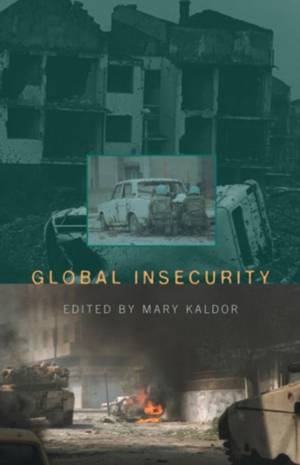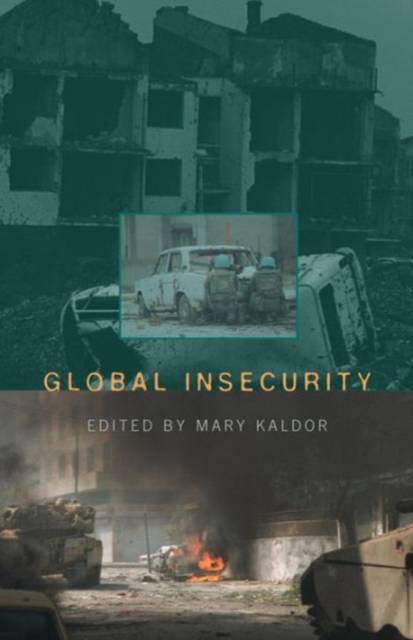
Bedankt voor het vertrouwen het afgelopen jaar! Om jou te bedanken bieden we GRATIS verzending (in België) aan op alles gedurende de hele maand januari.
- Afhalen na 1 uur in een winkel met voorraad
- In januari gratis thuislevering in België
- Ruim aanbod met 7 miljoen producten
Bedankt voor het vertrouwen het afgelopen jaar! Om jou te bedanken bieden we GRATIS verzending (in België) aan op alles gedurende de hele maand januari.
- Afhalen na 1 uur in een winkel met voorraad
- In januari gratis thuislevering in België
- Ruim aanbod met 7 miljoen producten
Zoeken
€ 169,95
+ 339 punten
Omschrijving
The first half of the 1990s was a period of great optimism about humanitarian intervention. In the aftermath of the Cold War, it was hoped that the international community could begin to act cohesively in defence of fundamental international principles and that a global security policy aimed at the prevention of conflict and upholding human rights could be established. The actual experience of this period, however, has been sobering. Agreements engineered from above, like the Dayton Agreement or the Oslo Agreement, have mixed consequences. Efforts at humanitarian relief have often ended up frustrating good intentions and prolonging conflict. This book looks at what we learn from such experiences. Should we retreat from intervention? Is there a global reponsibility for wars and for massive violations of human rights? The authors start from a conviction that in a globalized world we do have certain responsibilities and that the point is to look at how we intervene. They aim to open up a third approach - an alternative to the dominance of realist or neo-liberal approaches - which would address the reality of contemporary conflict. Key themes include the need for a more democratic approach in terms of the accountability and openness of both governments and international institutions, the importance of international humanitarian law and the future of formal military forces.
Specificaties
Betrokkenen
- Auteur(s):
- Uitgeverij:
Inhoud
- Aantal bladzijden:
- 258
- Taal:
- Engels
- Reeks:
Eigenschappen
- Productcode (EAN):
- 9781855676459
- Verschijningsdatum:
- 20/09/2000
- Uitvoering:
- Paperback
- Formaat:
- Trade paperback (VS)
- Afmetingen:
- 140 mm x 216 mm
- Gewicht:
- 303 g

Alleen bij Standaard Boekhandel
+ 339 punten op je klantenkaart van Standaard Boekhandel
Beoordelingen
We publiceren alleen reviews die voldoen aan de voorwaarden voor reviews. Bekijk onze voorwaarden voor reviews.









